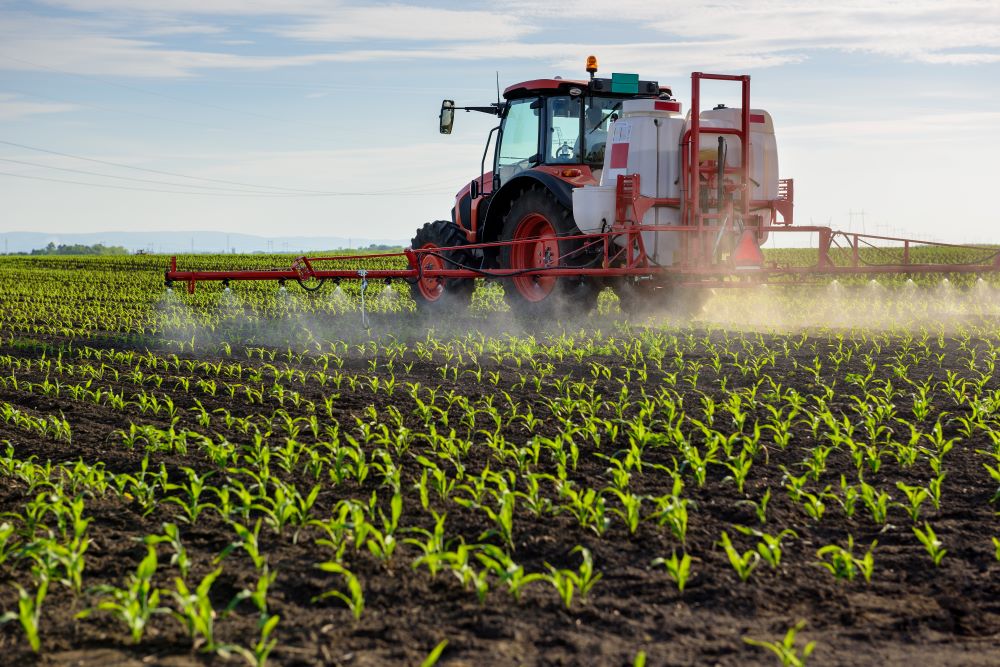
The war in Ukraine will create a global food crisis, the boss of one of the world’s biggest fertiliser companies has warned.
Yara International, which operates in more than 60 countries, has warned of disruption to supplies from Russia of essential raw materials for fertiliser production.
Svein Tore Holsether, CEO of Yara International, said: “For me, it’s not whether we are moving into a global food crisis – it’s how large the crisis will be.”
Fertiliser ban
According to Just Food, Russia has recommended its producers of fertilisers pause their exports.
The state news agency TASS reported Russia’s Ministry of Industry and Trade has called for a temporary halt to shipments of fertilisers from the country.
Nutrients
The BBC reports that as well as being a major gas producer, which is used in fertiliser production, a quarter of the key nutrients used in European food production come from Russia.
“We were already in a difficult situation before the war... and now it’s additional disruption to the supply chains and we’re getting close to the most important part of this season for the Northern hemisphere,” he added.
Holsether called on the world to work to secure world food production and reduce dependency on Russia, reports Farming UK.
Wheat prices
Food prices are already going up with wheat traded on the benchmark Chicago exchange increasing by more than 50% since the start of the invasion.
Prices rose to as high as $13.40 a bushel on Friday, while European milling wheat in Paris hit a record of €406 per tonne, reports the FT.
Russia and Ukraine are jointly responsible for around 30% of global wheat production.
Food inflation
Other grains are also seeing increases, with corn prices up almost 10% since the Russian invasion.
Average global food inflation was 7.8% in January, the highest level in seven years, according to the IMF.
Analysts and traders are also concerned about the planting of this year’s spring crop, including wheat, corn and barley.
Port closures
Grain exports have been affected by port closures, while paying Russian suppliers has become more complex due to financial sanctions.
Agricultural traders – including Archer Daniels Midland and Bunge, which buy and sell grains around the world – have closed their operations in Ukraine.
Oil and gas
Oil and gas prices are also hitting new highs in response to the conflict, with as the US now mulling a ban on Russian crude imports.
The FT reports the international benchmark Brent was $139.13 a barrel on Monday morning, up 20% on Friday, and its highest level since the 2008 financial crisis.
European wholesale natural gas prices also reached a new record high of €239 per megawatt hour, from about €193 on Friday. A year ago, the price was around €16.
Bank of America chief economist Ethan Harris said cutting off most of Russia’s energy exports would be a “major shock to global markets”, that could see oil prices double to $200 a barrel, reports the Guardian.



